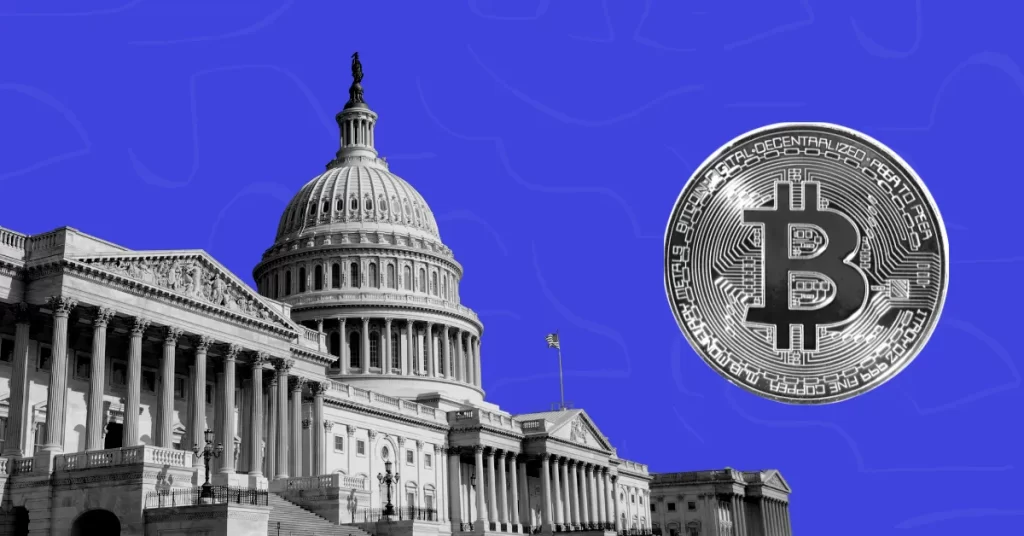
The post Crypto Regulations Concerns Rise as SEC Can’t Classify Syndicated Loans appeared first on Coinpedia Fintech News
In a dramatic turn of events, the U.S. Securities and Exchange Commission (SEC) recently admitted its inability to categorize syndicated loans as securities. The news came in a letter addressed to a court that has been eagerly awaiting the SEC’s opinion on this critical matter.
A Question Unanswered
The court had asked the SEC in March to decide whether ‘the syndicated term loan notes at issue in this appeal are securities under Reves vs Ernst & Young, 494 US 56 (1990)’. This was an unprecedented question since the court had not considered whether this type of note could be classified as security before.
Despite the court granting an extension for the SEC to submit its brief, the regulatory agency was unable to give its opinion. In the letter sent by the SEC General Counsel, Megan Barbero, she expressed regret over the inconvenience caused by the SEC’s inability to clarify its stance.
The Aftermath: A Broken Institution?
The SEC’s admission of indecisiveness is fueling concerns about the agency’s efficacy in regulating the burgeoning crypto industry. Some see this as a symptom of a larger problem. John Deaton, founder of Cryptolawus, criticized the SEC’s reticence, calling it a “broken institution” that refuses to provide clear guidance to the market and courts.
Deaton argues that the SEC’s strategy maintains an “opaque and vague regulatory environment,” enabling it to pursue any entity in the future. This situation, according to him, stifles innovation in the crypto space and contributes to the unnecessary legal quagmires experienced by many crypto startups.
The Impact on Crypto Industry
The SEC’s inability to categorize syndicated loans could have far-reaching implications for the crypto industry. As cryptocurrencies and crypto-based financial instruments grow more sophisticated, the SEC’s ambiguity on what is and isn’t security has the potential to harm the industry. It could lead to companies operating in a legal grey area, with the constant threat of prosecution looming overhead.
In the words of Deaton, this attitude from the SEC is a “disgrace.” It not only undermines the regulator’s credibility but also leaves a vibrant, rapidly-growing industry stuck in limbo, unsure of the legal boundaries within which it should operate.
The question now is whether the SEC will heed these calls and adapt its approach to better serve the needs of a rapidly evolving financial landscape. Only time will tell.

 2 years ago
110
2 years ago
110














 English (US) ·
English (US) ·